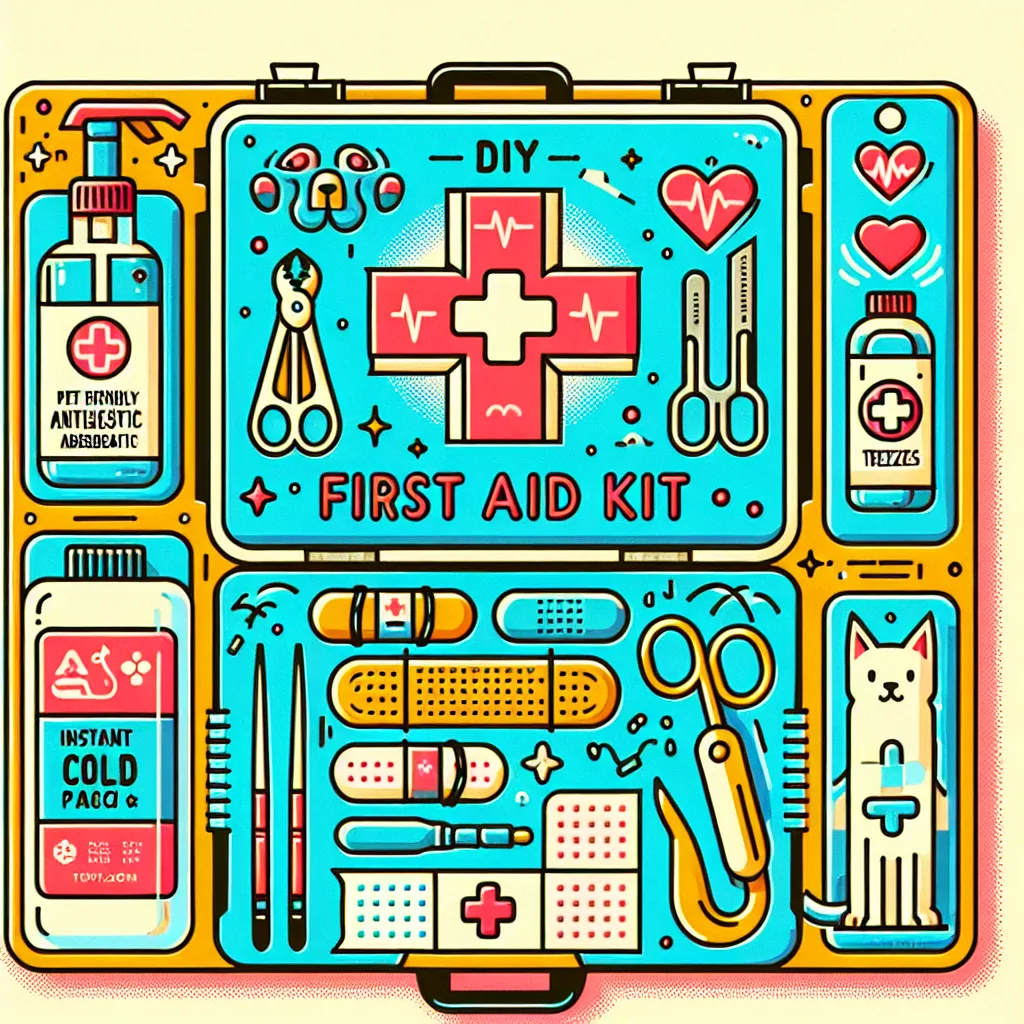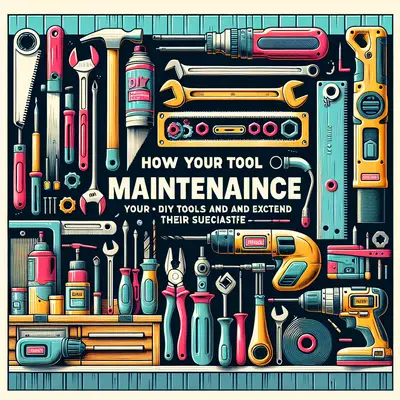Step 1: Choose an Appropriate Container
The first step is to find a suitable container for your pet first aid kit. This could be a sturdy plastic box, a waterproof bag, or even a small suitcase. Make sure it's big enough to hold all the necessary items, but also compact enough to carry around easily. It's also advisable to label the container clearly and make sure it's easily accessible in case of an emergency.
Step 2: Gather Essential Medical Supplies
Start by gathering fundamental medical supplies. This includes items such as bandages (both adhesive and non-adhesive), gauze pads, tweezers, scissors, a digital thermometer, disposable gloves, and a pet-safe antiseptic. These items will come in handy for treating minor injuries or stabilizing your pet until you can get to a vet.
Step 3: Include Specific Pet Items
Next, consider the specific needs of your pet. For example, if your pet has a known health condition, ensure you have their prescribed medication in the kit. A tick removal tool is a must if you live in a tick-prone area. A muzzle or a soft towel can be included to prevent biting during stressful situations. Also, don't forget to add a spare leash and collar.
Step 4: Prepare Emergency Contact Information
Prepare a list of emergency contact numbers and keep it in your pet first aid kit. This should include your vet's number, the nearest emergency animal hospital, and a poison control hotline. Also, include information about your pet's medical history, vaccinations, and any known allergies.
Step 5: Regularly Check and Update Your Kit
Finally, it's crucial to regularly check and update your pet first aid kit. Ensure that all items are in good condition, and replace any expired medication. It's also a good idea to run through the use of each item periodically, so you're familiar with what to do in case of an emergency.
Conclusion
Creating a pet first aid kit is an essential step in responsible pet ownership. Remember, this kit is meant to provide interim care for your pet and is not a substitute for veterinary care. Always consult with a professional if your pet is in distress. By being prepared, you can ensure that you're ready to handle any emergency situation that might come your way.



